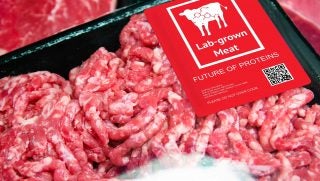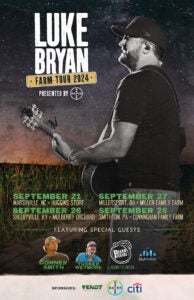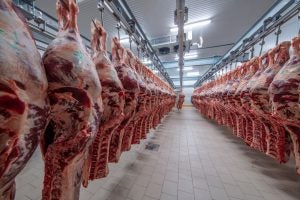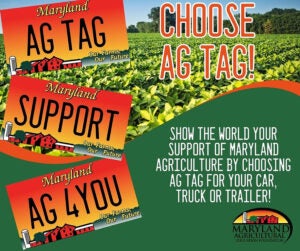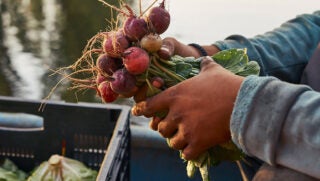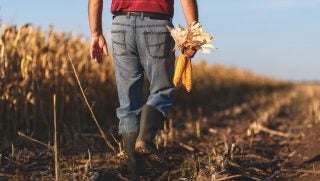Florida Gov. Ron DeSantis signed SB 1084, the first bill to become law that prevents the sale of lab-grown meat sales in a state.
“Florida is taking action to stop the World Economic Forum’s goal of forcing the world to eat lab-grown meat and insects, ‘an overlooked source of protein,’” DeSantis said after signing the bill. “While the World Economic Forum is telling the world to forgo meat consumption, Florida is increasing meat production, and encouraging residents to continue to consume and enjoy 100 percent real Florida beef.”
Florida’s commissioner of agriculture, Wilton Simpson, joined DeSantis in voicing his support for banning lab-grown meat.
“We must protect our incredible farmers and the integrity of American agriculture. Lab-grown meat is a disgraceful attempt to undermine our proud traditions and prosperity, and is in direct opposition to authentic agriculture,” said Simpson.
DeSantis says that the state has been taking action to support agriculture and the meat industry by:
- Modernizing Florida’s Right to Farm Act to protect reasonable agricultural activities from frivolous lawsuits.
- Signing legislation to ensure that agri-tourism operators qualify for protection against property tax assessments when operating on agricultural lands.
- Simplifying the steps for Florida Farmers to receive sales tax exemptions for agricultural materials.
- Reestablishing funding for the Rural and Family Lands Protection Program in 2022 at $300 million.
- Protecting through that program over 36,000 acres of farmland.
- Investing more than $2.8 billion into Florida’s agricultural industry in The Framework for Freedom Budget.
Lab-grown meat has caused increasing debates after it was approved to be sold in Singapore, and the U.S. Italy became the first country to ban cultivated meat products in February.
Similar legislative efforts remain in Alabama, Arizona, and Tennessee, which are also seeking to stop the sale of lab-grown meats.
Not everyone is happy about the ban
Upside Foods, a cultivated meat startup that received the U.S. Department of Agriculture’s green light to sell in the U.S. last year said that the ban won’t be helpful to Florida in addressing increased protein demands.
“This type of discriminatory legislation jeopardizes the United States’ leadership in biotechnology and enables countries like China to gain an unfair advantage,” Upside Foods said in an email to NBC News.
Lori Berman, a Florida Democratic senator who voted against the bill, called it “shortsighted,” saying that cultivated meat could help with food shortage problems.
“The cattle industry lobbied against cultivated meat, so we are now banning an entire industry in our state,” Berman said. “We’re just short-changing an entire industry.”
